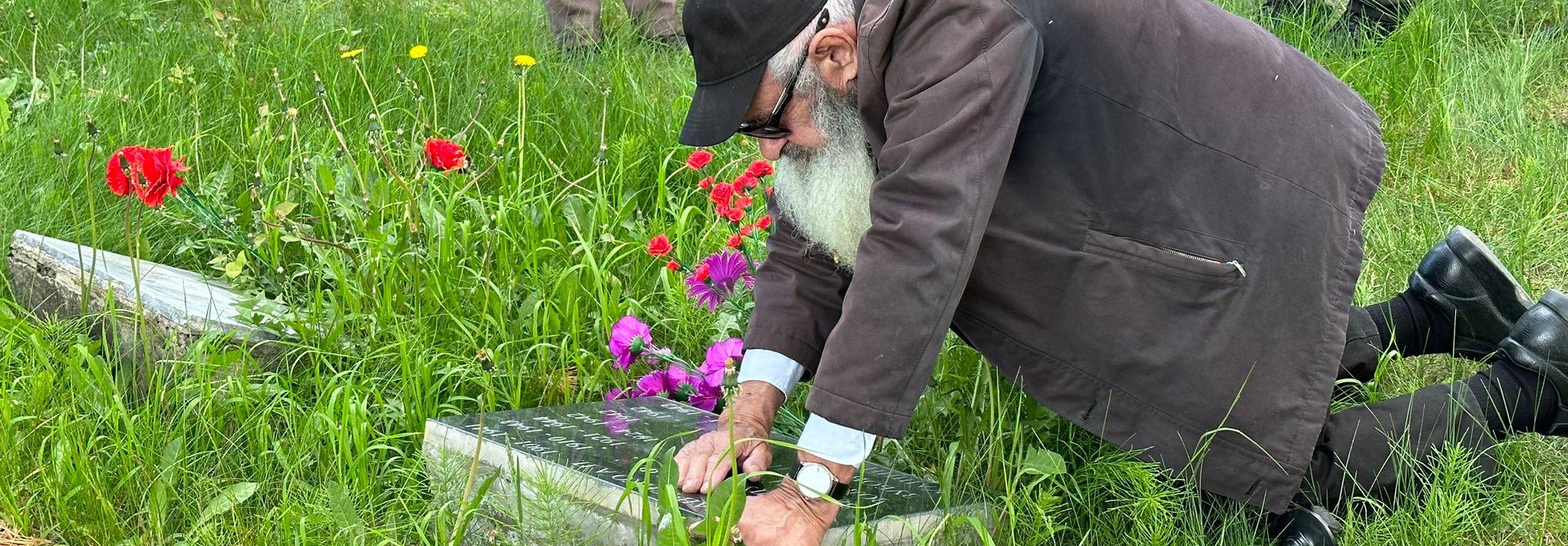
6 minute read
Grandson’s dedication uncovers grave Grandson’s uncovers grave
Tucson resident helps grandfather unearth family legacy
By Sruly Meyer
Yosef Lapko, a real estate developer and business consultant in Tucson, has been on a mission to document his family’s history, unearthing hidden stories and connecting multiple generations. Through this exploration, the importance of preserving and sharing the stories of Holocaust survivors became profoundly evident.
His investigation is centered on the life of his grandfather, Reuven (Roman) Zlotin, who was born in Russia in 1931 and experienced the horrors of World War II.
In 1942, at the tender age of 11, Zlotin and his mother fled their hometown of Briansk, near Moscow, seeking refuge during the war. Leaving behind his father and older brother Zalman who chose to stay behind, Zlotin embarked on a perilous journey to find safety in the East. Sadly, the fate of his father and brother remained unknown, and the war ravaged their hometown, leaving Zlotin with little information except for the heartbreaking speculation that they had perished.
After the war, Zlotin joined the Red Army, eventually rising to the rank of Lieutenant Colonel. He played a vital role in establishing submarine stations for supply purpo- ses in Kamchatka. Later, he relocated to Kaluga, where he became the town’s chief engineer. In 1992, following his children and grandchildren who had already made Aliyah the year before, Zlotin immigrated to the Holy Land of Israel, starting anew after years of hardship.
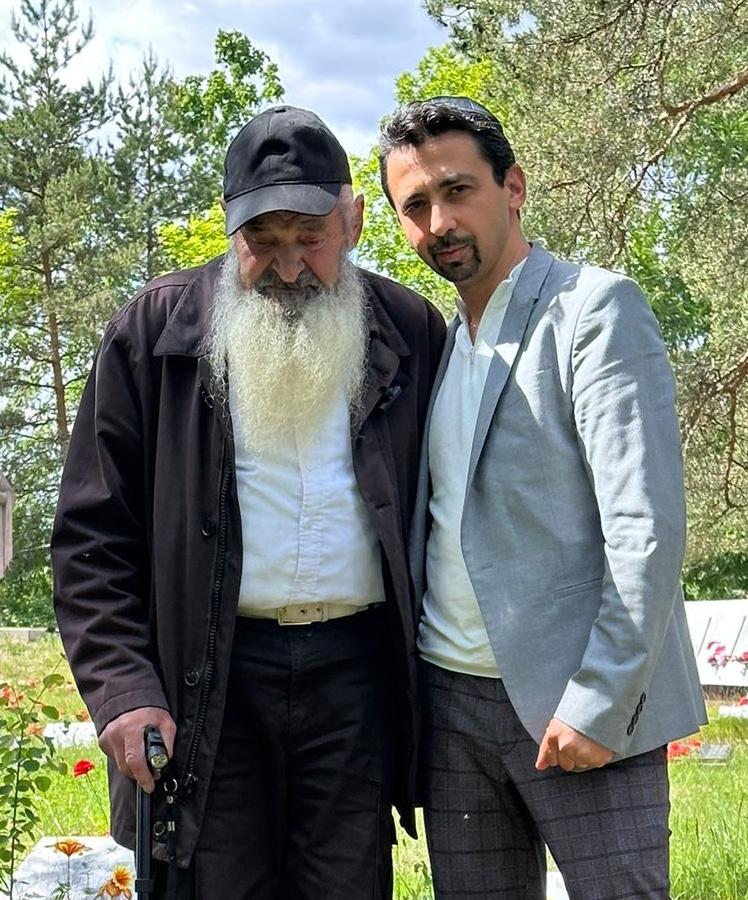
Since arriving there, Zlotin spoke about his experiences with friends and family. It is was spurred his grandson, Lapko, to start documenting the family history in 2011. His journey led him to Yad Vashem, the World Holocaust Remembrance Center in Jerusalem, where he made a profound discovery.
During a visit, Lapko heard his grandfather’s brother’s name Zalman included in the names of the Holocaust victims that are played through loudspeakers to remember those who perished.
It confirmed the tragic reality that Zlotin’s brother had met his untimely fate, never having the chance to build his own family.
Motivated by this newfound understanding, Lapko dedicated countless hours to researching and collecting information. He made further visits to Yad Vashem and collaborated with a distant relative to uncover astonishing details about his grandfather’s brother.
Through their efforts, they learned that he had joined the army, fought for six more months, and eventually succumbed to his injuries in a hospital. Contrary to earlier assumptions, the long-lost older brother was buried near St. Petersburg, Russia.
Lapko contacted Rabbi Yehuda Ceitlin of Chabad Tucson, who connected him with Rabbi Chaim Shaul Brook, Director of the Jewish institutions in St. Petersburg. Once the gravesite was located, Lapko flew to Israel and traveled together with his grandfather to Russia. Despite being 92 years old, Zlotin was determined to make the journey and prepared himself physically to be strong enough for the trip.
Upon arriving at the burial site, Zlotin and Lapko were met with a minyan that Rabbi Brook had coordinated. Zlotin was able to recite the Kaddish prayer, with Lapko singing Keil Malei, the Jewish prayer for the deceased. Zlotin bent down and emotionally touched his long-lost brother’s gravesite. “My grandfather didn’t want to leave,” Lapko recalled. “It had been 81 years since he last saw his brother, and he needed more time.”
Lapko is planning on producing a documentary film about his grandfather’s extraordinary life and the discovery of the burial site. “Everybody has a story,” he said. “I’m so grateful to spend so much time with my grandfather, and I hope it encourages others to invest in documenting and preserving family histories, and making the connection between generations.”
Having spent all my formative years in Colombia (South America), the idea of living in the United States was not even a distant dream of mine.
I was born and raised in Medellin, a vibrant and densely populated city that is the second-largest city in the country after Bogota and home to 3 million people. After completing my undergraduate studies in Spanish education, I decided to move to Spain to get a PhD in literary analysis.
While in Spain, my local “family” suggested I have coffee with a nice American guy named Zachary Naiman, who was in town working on his Spanish. Little did I know that he would become my husband two years later, and my life would be transplanted to Tucson, Arizona.
When Zach and I decided to get married in 2005, we could have stayed in Spain, Colombia, or the United States. Thinking about the well-being of our future family, it didn’t take much to decide the U.S. was the way to go. Although originally from the east coast, Zach’s family had strong ties to Tucson, so we came here. The idea was to allow me to settle into my life in America in a small, manageable place.
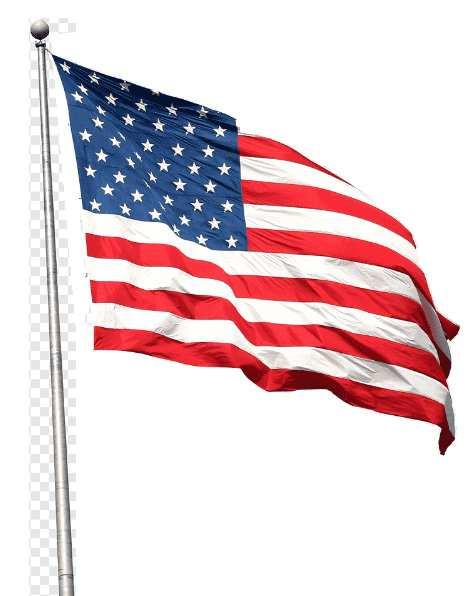
Truth be told, the transition to Tucson was challenging.
Even though I could already speak English and had never lived through the isolation that language barriers can impose, I didn’t know how to drive and had never been in a suburban-style town. I missed the pedestrian life and cultural scene that big cities can offer. The tropics are nothing like the desert, and I felt ill-prepared to deal with the hot Arizona summers.
Transferring the remaining portion of my PhD studies to the University of Arizona and focusing on my degree helped me acclimate to Tucson. I gradually learned to like my new environment.
Fast forward to 2010, when we decided to have children, Tucson suddenly became a very different place for me: it was now the hometown of my daughters. Seen from that perspective, the quiet and suburban place I struggled to get used to was now a fantastic place to raise a family.
I have been fortunate enough to have a job that is flexible enough so that I can be an engaged mother, and my kids have a great place to live, with a wonderful school, great musical education, and our beloved community of Chabad Tucson to support us. After 18 years of living here, I can absolutely call Tucson my home. I love and respect this country and have nothing but gratitude for the wonderful opportunities it has given my family and me.
- Adriana Betancur is a Senior Lecturer for the Department of Spanish and Portuguese at the University of Arizona’s College of Humanities
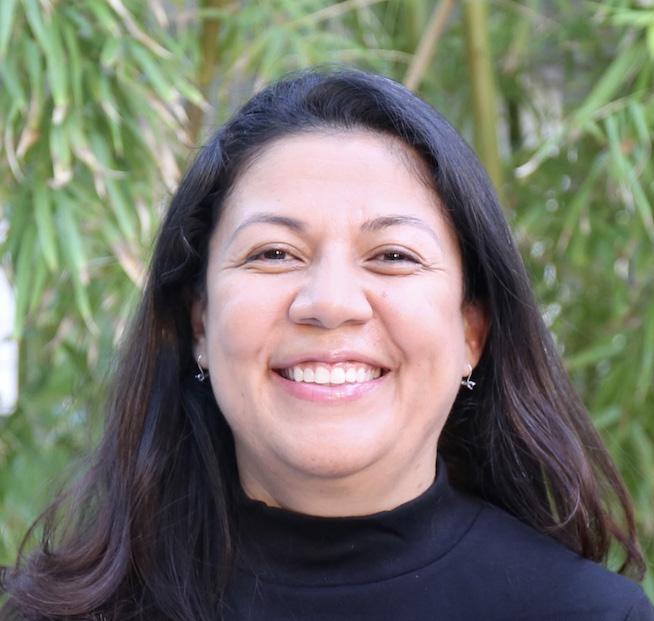
From the sun-drenched streets of Beer Sheva to the desert beauty of Tucson, my journey has come uniquely full circle.
As a child, my family left Israel for Canada, seeking a new beginning. My parents were born in the French Colonies (my father in Morocco and my mother in Algeria), so Montreal was the right choice because of the bilingual Province of Quebec.
I graduated from Montreal’s Herzliah High School in 1984, and then my parents decided to move us to Jerusalem, where they believed we could live a more Jewish life. Despite being born in Israel, I needed to relearn Hebrew as it wasn’t in our home in Canada.
Still, I completed my biochemistry degree at Hebrew University in 1988 and spent three years in the IDF Medical Corps as a lieutenant. Following that, I pursued a Master’s degree at the Universite de Montreal, dedicating my research to Cystic Fibrosis, a condition my brother Aharon Chaim suffered from.
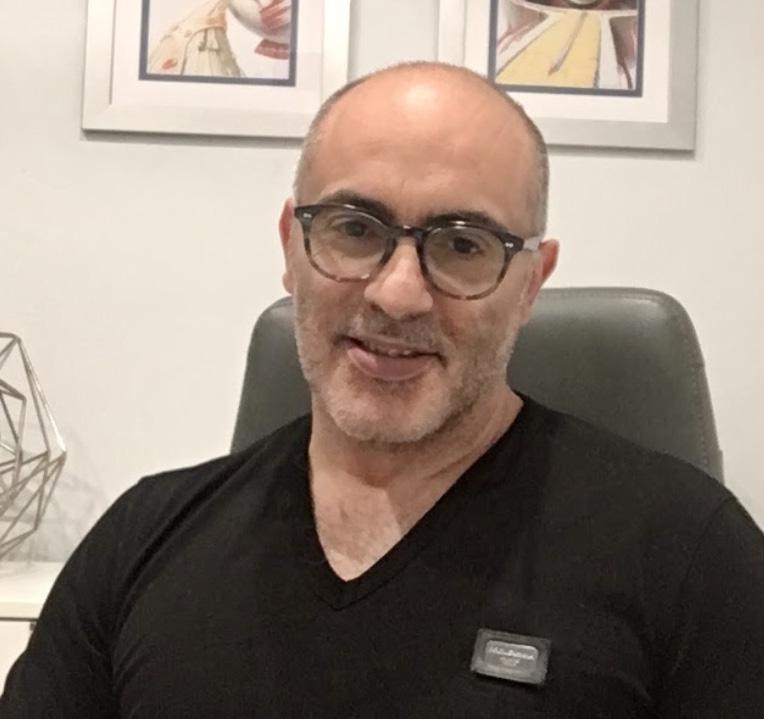
Because of my brother’s condition, my parents moved to Paris to get him treatment there. I consequently left Biochemistry and began to study Ophthalmic Optics at the Higher School of Optics of Paris. My father owned a few optical shops in Paris, and I worked with him.
Getting married to an American allowed me to return to the North American culture I grew up with in Canada and realize my aspiration to study at an American university.
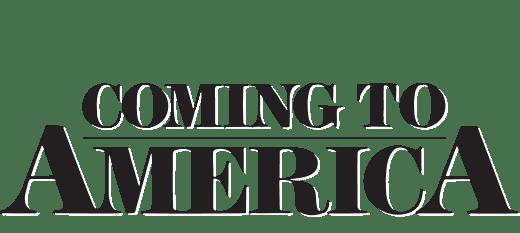
It was in my late thirties when that dream was fulfilled in 2003. I was accepted at the University of California, Berkeley School of Optometry. After graduating in 2007, I worked in an ophthalmology practice in San Rafael, California.
With the rising cost of living in California and my children graduating from high school, the time was right for me to move, and I found a job in Tucson. Until then, I had only heard of Tucson from the Hyundai crossover SUV. But when I got here, I fell in love with the city.
The Jewish community received me with open arms, and I feel a stronger magnetic pull to my Jewishness here than I did while living in Montreal, Paris, or Jerusalem. America is vast and has different congregations and communities, each addressing specific needs for one’s Jewish identity and values. This receptiveness is unique to the USA.
I never thought that I would come back to the desert. A friend from Israel once visited here and commented, “I feel like I’m in Beer Sheva!” The intense heat, the dry air, and the mountains are reminiscent of the Negev. I am completing the circle - from the Negev to the desert of Tucson.










